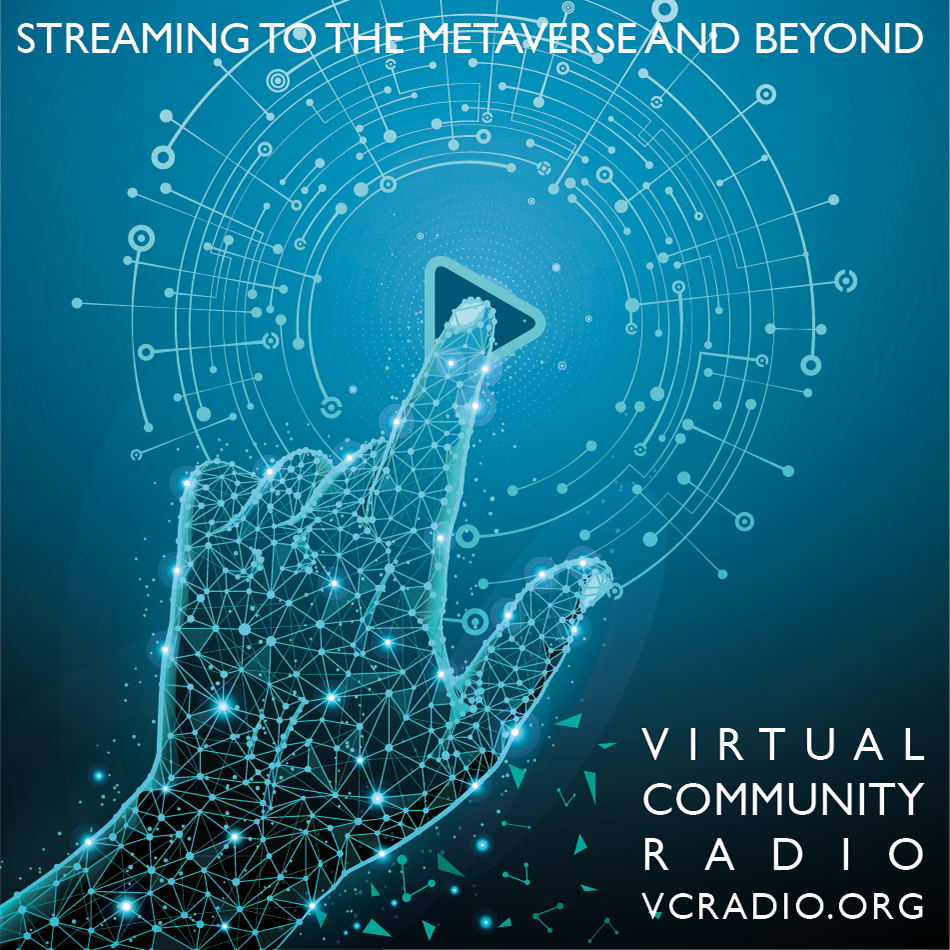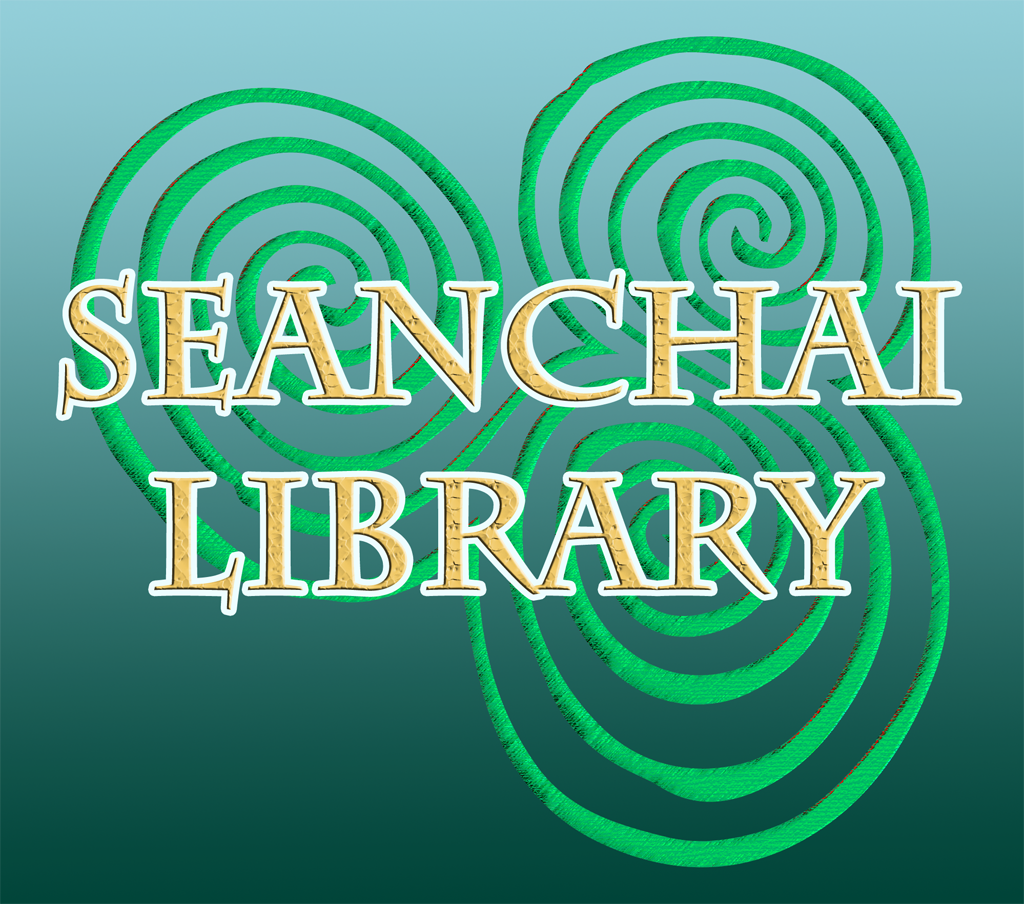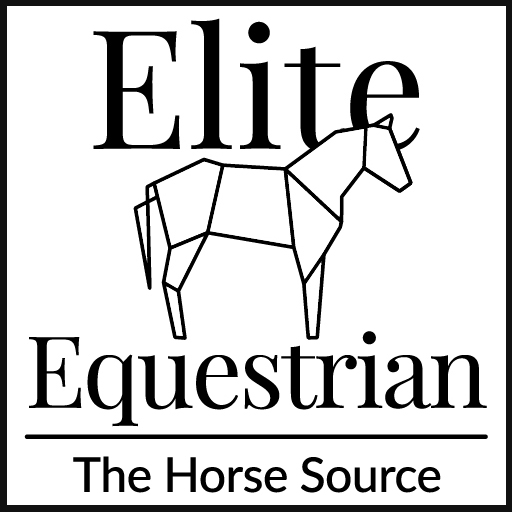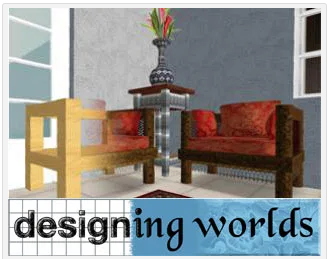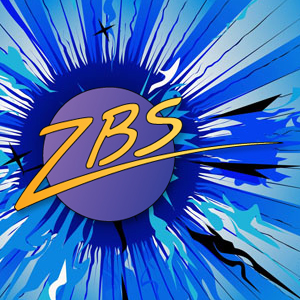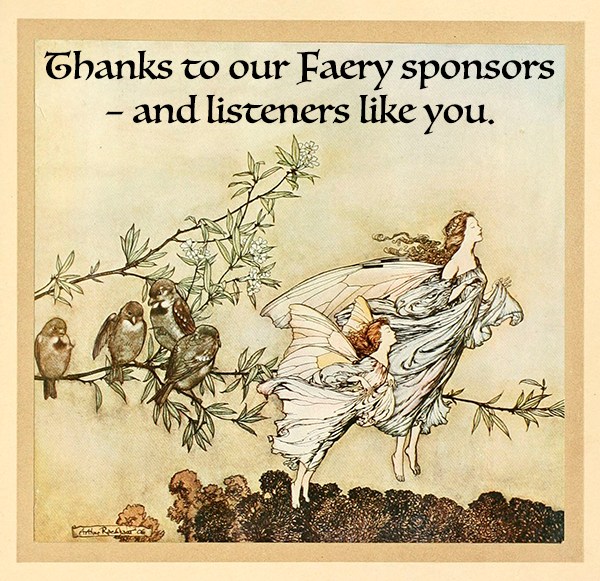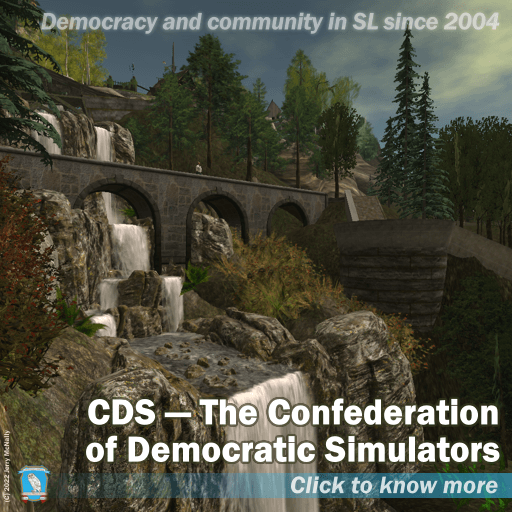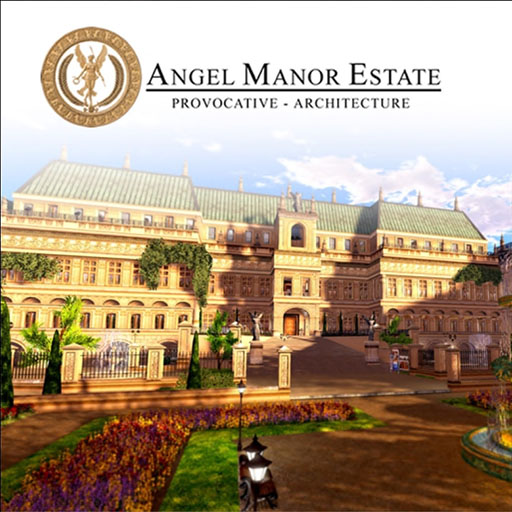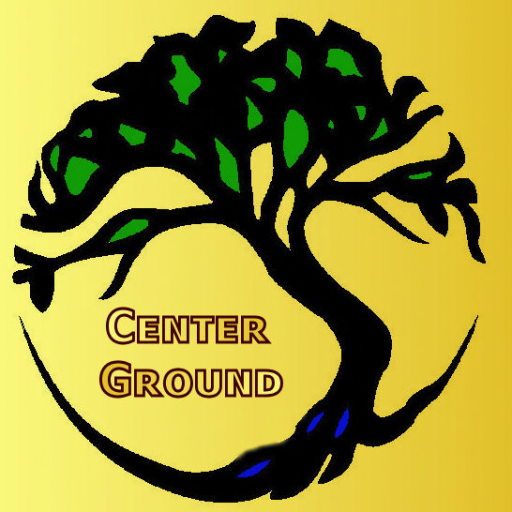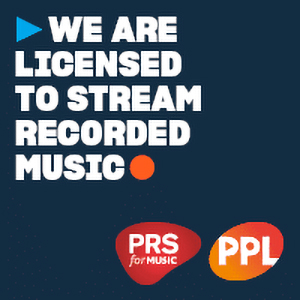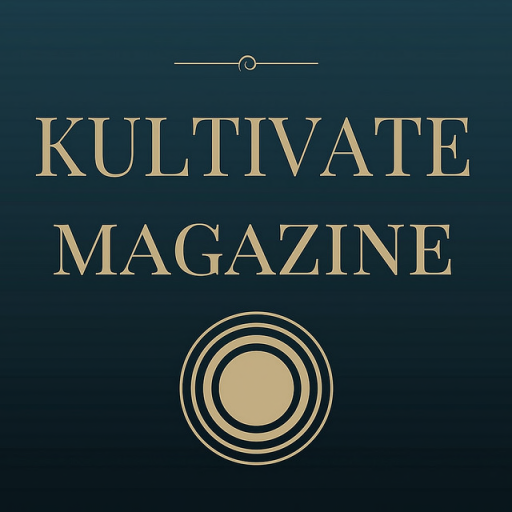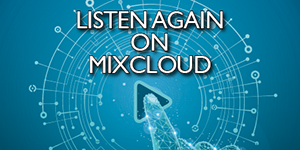Music of the Baroque
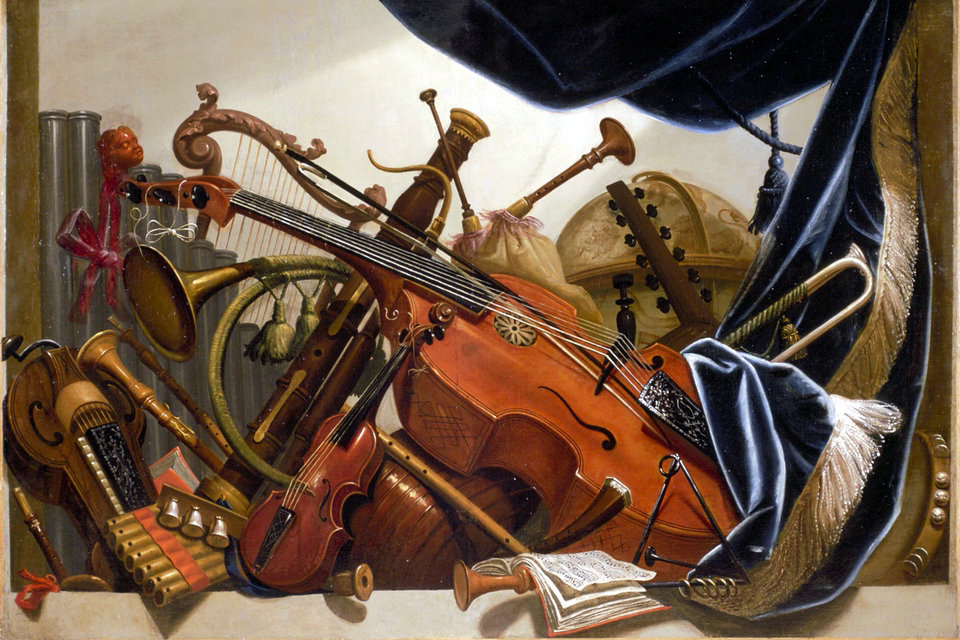
Wednesday April 12th, and today we’re featuring music of the Baroque era, with a particularly extensive collection of music by J S Bach.
Plus it’s your last chance to hear the current episode of “Where Have You Been?”, where we report on interesting things to see and do across the Second Life Grid, at noon and 4pm Pacific/SLT, where we visit Armstrong Park in a virtual New Orleans; and don’t miss “Engines of Our Ingenuity” from the University of Houston, every four hours from 4am Pacific.
Says Wikipedia on the music of the Baroque:
Baroque music is a period or style of Western music composed from approximately 1600 to 1750. This era followed the Renaissance music era, and was followed in turn by the Classical era, with the galant style marking the transition between Baroque and Classical eras.
The Baroque period is divided into three major phases: early, middle, and late. Overlapping in time, they are conventionally dated from 1580 to 1650, from 1630 to 1700, and from 1680 to 1750.
Baroque music forms a major portion of the “classical music” canon, and is now widely studied, performed, and listened to. The term “baroque” comes from the Portuguese word barroco, meaning “misshapen pearl”.
Key composers of the Baroque era include Johann Sebastian Bach, Antonio Vivaldi, George Frideric Handel, Claudio Monteverdi, Domenico Scarlatti, Alessandro Scarlatti, Henry Purcell, Georg Philipp Telemann, Jean-Baptiste Lully, Jean-Philippe Rameau, Marc-Antoine Charpentier, Arcangelo Corelli, François Couperin, Giuseppe Tartini, Heinrich Schütz, Jan Pieterszoon Sweelinck, Dieterich Buxtehude, and others, and you will hear many of them today.


